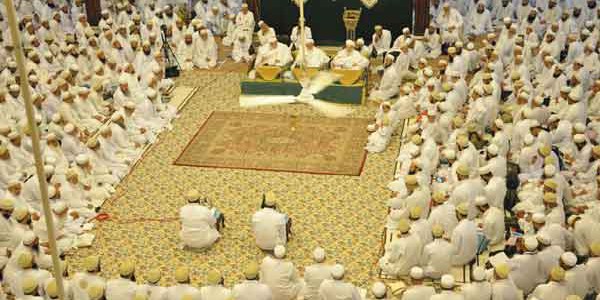On Groupism with in the Muslim Reform Movement

The once well-mannered, charming, inspiring, compassionate Muslim is moving away from being a part of the global Ummah to identifying himself as a mere member of a cult.
Islamic movements in the sub-continent, in particular, and in the Arab world too, have indeed contributed hugely to the revival of an interest in Islam among the Muslim masses in the last six to seven decades.
Many of those who drew closer to the faith, and nearer to their Creator, by virtue of the movements that influenced them, exuded new-found confidence and their faces radiated the spiritual wellness they had acquired.
People who came into contact with them were impressed by their courtesy, their cheerfulness and genuine bonhomie. And those who knew them from before their ‘conversion’ found them to have become compassionate.
However, in my observation, over the years, of many of the followers of these movements (across the board), I have been noticing a marked change. The same faces now exhibit nonchalance when they deal with those whom they perceive as not belonging to their group. Yet, when they are with those of their own, their attitude is markedly different.
To these folk, even appearing like the rest of the group, is more important than wanting to identify with the rest of the Believers. So much, that when occasions, or professions, demand a change in attire, it becomes a great test of their faith to change their appearance, for fear of being labeled a renegade.
Matters have come to such a pass that one member of an Islamic reform movement does not even want to be seen at a gathering convened by members of another similar group.
The once well-mannered, charming, inspiring, compassionate Muslim is moving away from being a part of the global Ummah to identifying himself as a mere member of a cult.
All this despite the Quran being unambiguous of what it expects the daees to be: “Who is better in speech than one who calls (men) to Allah, works righteousness, and says, “I am one of the Muslims.”

